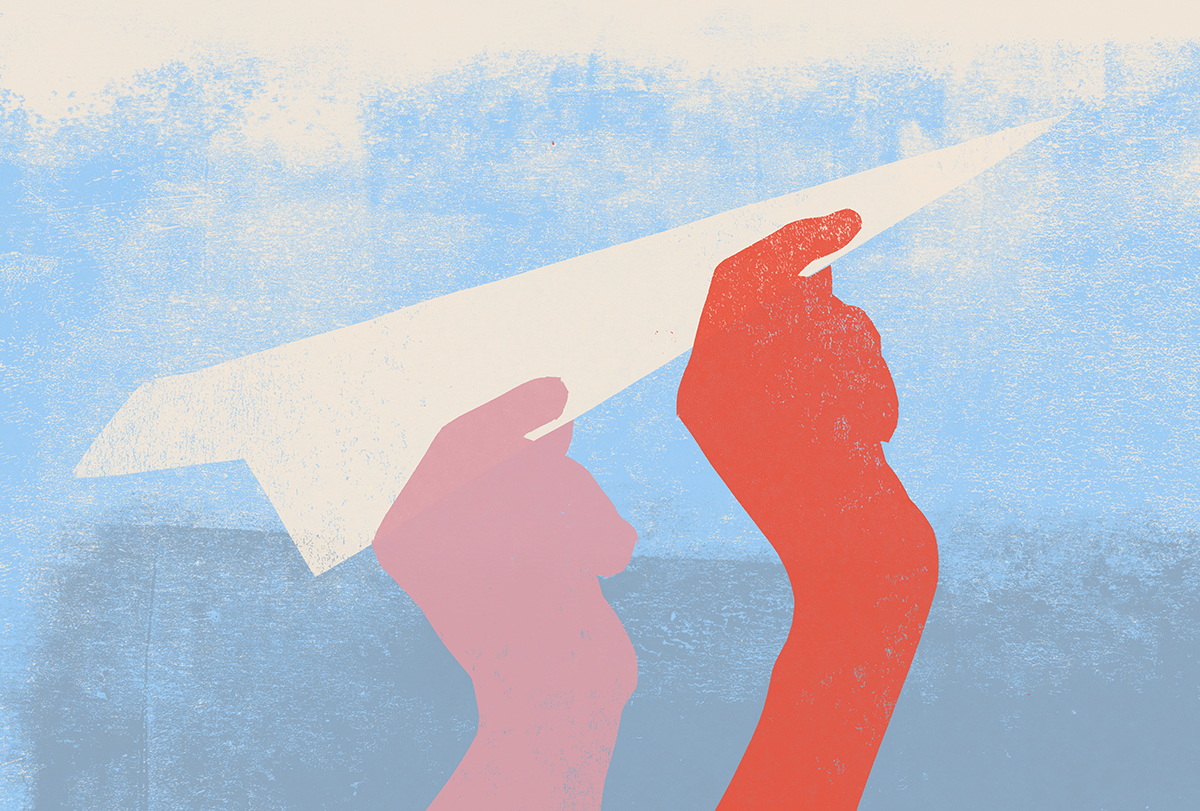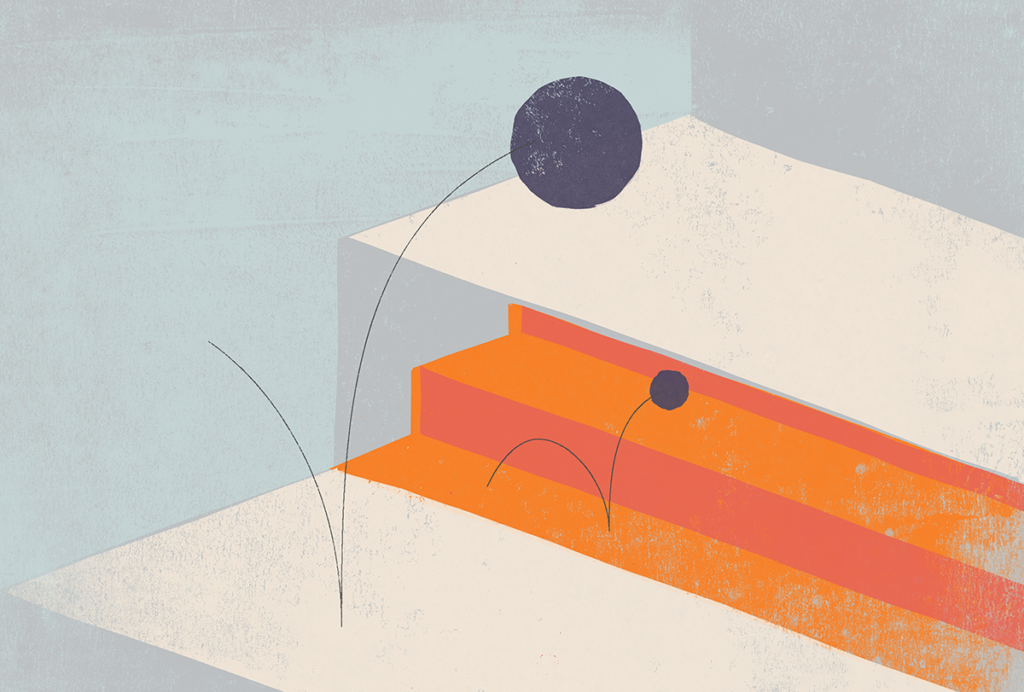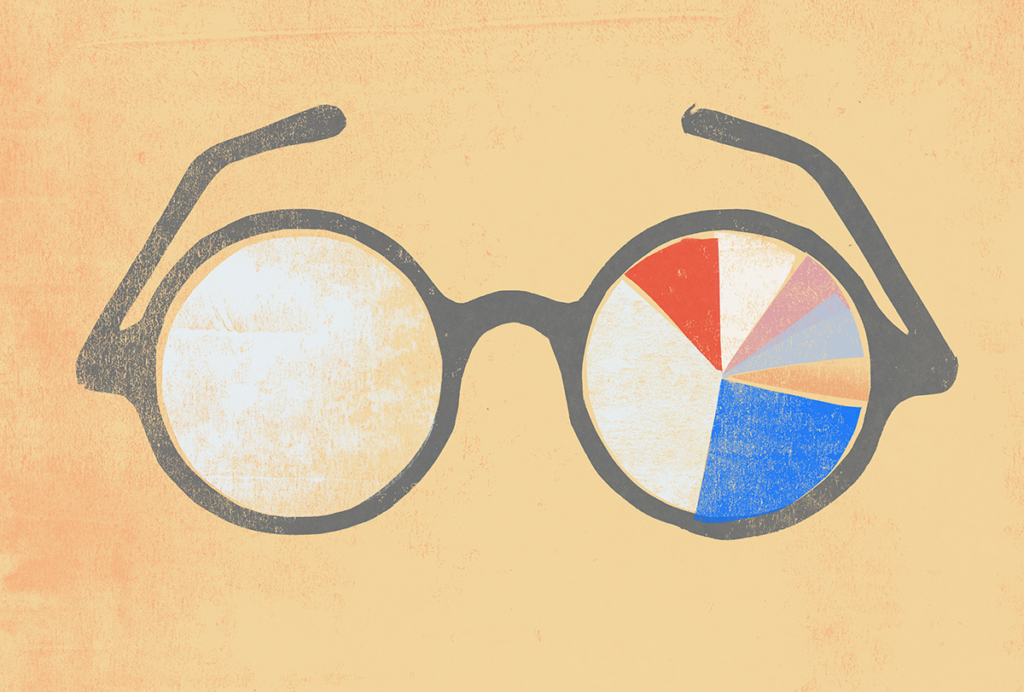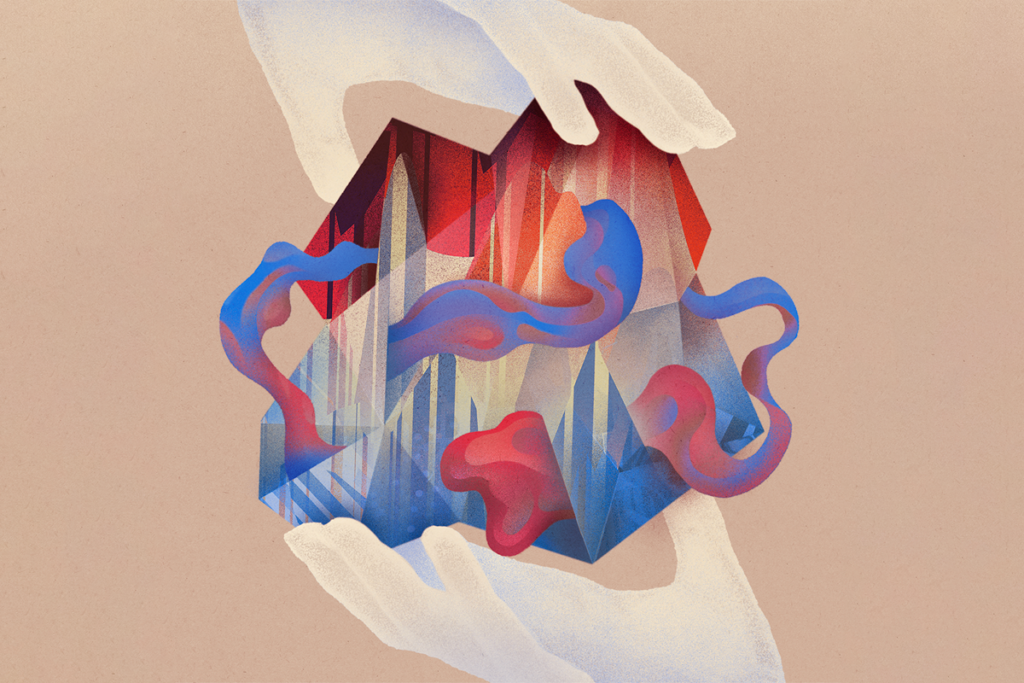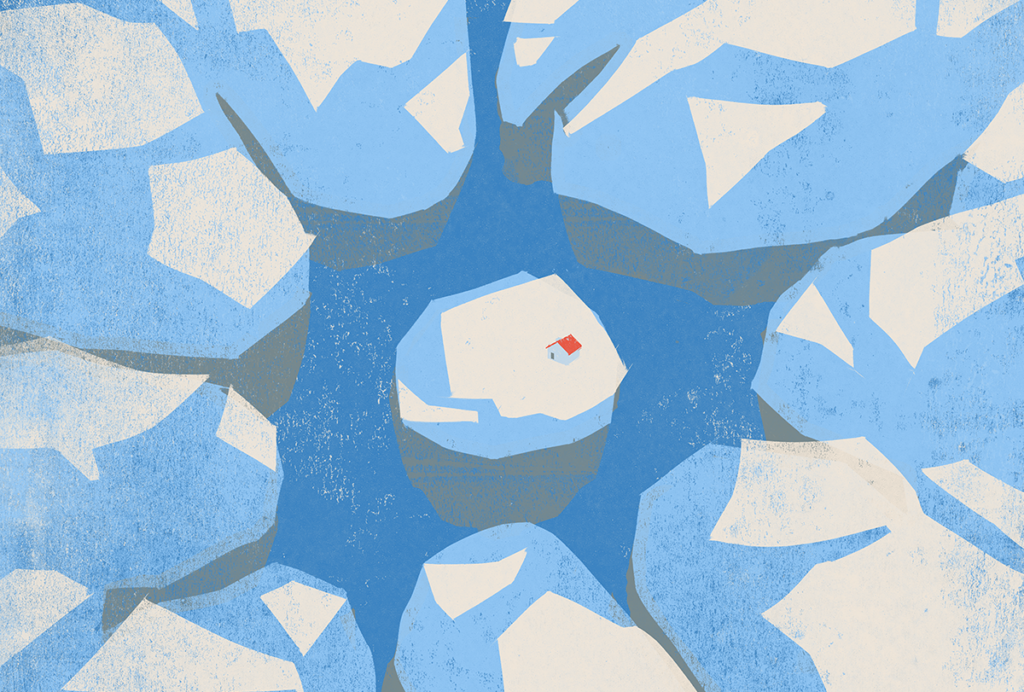“We need to educate a generation of neuroscientists who are able to think within computational frameworks while also understanding the fundamentals of current brain knowledge and the gaps that remain. The current generation often lacks either computational expertise or neuroscience foundations, reflecting the segregated nature of engineering versus neuroscience training backgrounds.”
—Shahab Bakhtiari, assistant professor of psychology, University of Montreal
“We need to change our ways. With AI and other things, the way students are trained as it applies to the lab is different than before. It’s difficult to get good students. I noticed a trend, that students struggle more to independently solve problems and take on challenges by themselves. You need to try and fail, many times, to learn, build intuition and, eventually, arrive at new solutions and discover new ideas. Unfortunately, many new students have grown up in a world where answers are easily accessible through Google and now ChatGPT. Confronted with questions that don’t yet have ‘googleable’ answers, some don’t know what to do. They don’t want to try things, afraid it might fail. They see a failed experiment as a waste of energy—or worse, a personal failure—instead of a valuable lesson or an important data point. We need independent exploration.”
—Martijn Cloos, associate professor of bioengineering, University of Queensland
“Traditionally, there’s been a barrier between theorists and experimentalists. That’s true in other fields besides neuroscience, but [in the piece I wrote for The Transmitter], I was making the argument that it benefits people to think both theoretically and experimentally. It’s good when the experimentalists are doing theory and the theorists are doing experiments; I’ve been trying to train people to do both and in my lab people do both. I think that that would be one place to change how we train people because currently there’s not a lot of impetus to do it that way. There’s a lot of division of labor.”
—Samuel Gershman, professor of psychology, Harvard University
“When I was educated, it was good enough for a scientist to be a specialist in the area and be really good at two or three experimental methods. And then you specialize, you can study what you’re interested in, and that’s good enough. I think when I look at the top neuroscientists today, they are very good experimentalists, but they are also very good in using computational tools in theory to make sense of their data, which are sometimes large-scale sequencing data, imaging data, genetic data. So, you can’t be limited anymore, I think. The top people, they sort of have a greater span in mastery of methods. And I think that is what training should aim to achieve.”
—Jorg Grandl, associate professor of neurobiology, Duke University
“I have noticed a surprising lack of focus on training students and even postdocs in the ‘science’ component of neuroscience. Neuroscience is a diverse field of research, and courses I have observed do a great job in exposing students to that diversity and providing resources for students to dive deeper into their particular areas of interest. However, this knowledge of neuroscience is not counterbalanced by the wisdom of how to apply that knowledge to answer new questions. Students want to rush headlong into collecting data without stopping to consider experimental design, let alone generating a testable hypothesis first. Perhaps it is a combination of the anxiety to publish or perish and methods of generating large-scale, mineable data that has led to this deemphasis of the scientific method and transformation of scientists into data generators as opposed to hypothesis generators. As we enter this new data-rich era, though, the pendulum is going to need to swing back.”
—Kyle Jenks, research scientist, Picower Institute for Learning and Memory, Massachusetts Institute of Technology
“I do think that graduate programs should increase efforts to make students in their first few years very familiar and competent in all major areas of neuroscience. It can be done. It can be done without extending the period of Ph.D. research.”
—Michael Stryker, professor of physiology, University of California, San Francisco
“There is a tension between the specialization that you need to really be able to understand and apply some of the advanced techniques that we have in the field and then not losing the forest for the trees. And that’s always very, very, very difficult. In an ideal world, you would have your lab training, which involves using all these specialized techniques, on the one hand, and then it’s really down to your coursework to give you the bird’s eye view of why are you doing what you are doing? What are you trying to understand? What’s the overarching goal? And I think the best neuroscience training programs are doing that. There, it’s almost like what you’re learning in class is philosophically tinged, and what you’re learning in lab is the tools. I think right now that’s the best model that I can conceive of. What’s really important is to help people understand that neuroscience is about the questions and not about the approaches.”
—Jan Wessel, Clement T. and Sylvia H. Hanson Family Chair and professor of psychological and brain sciences, University of Iowa
